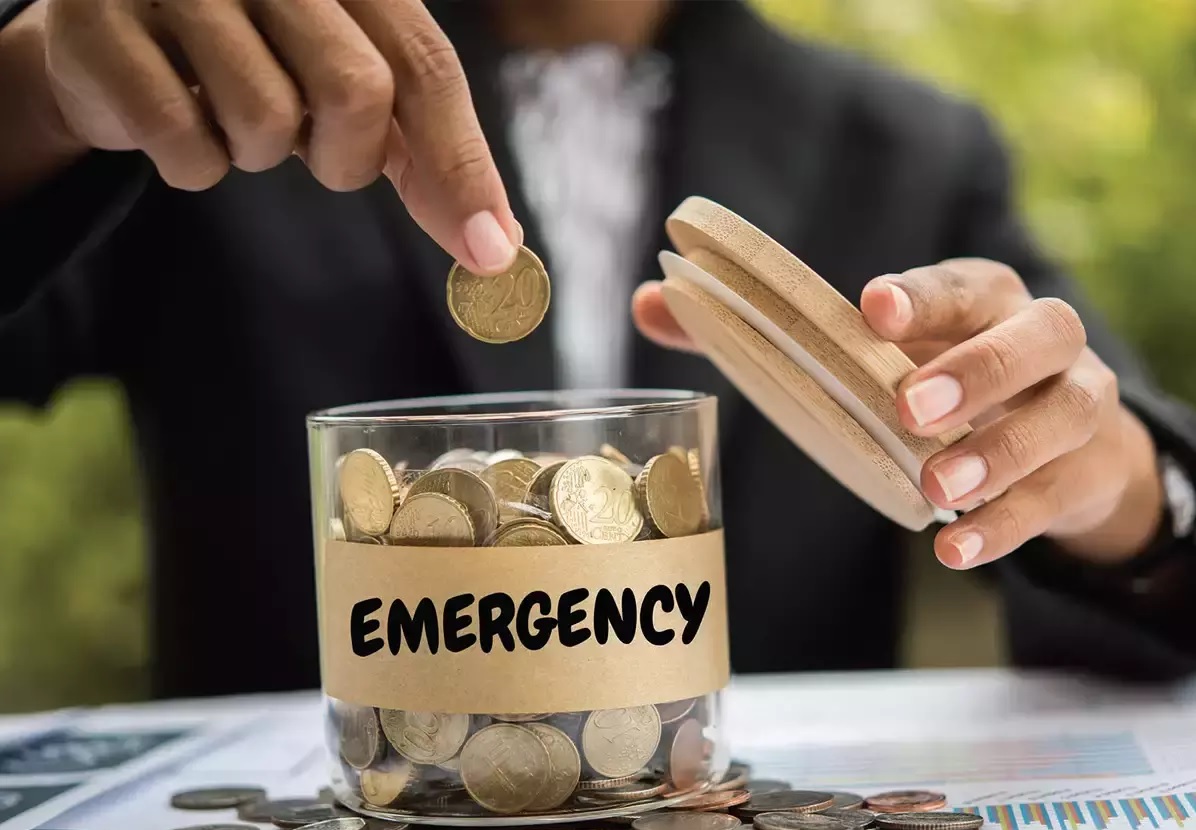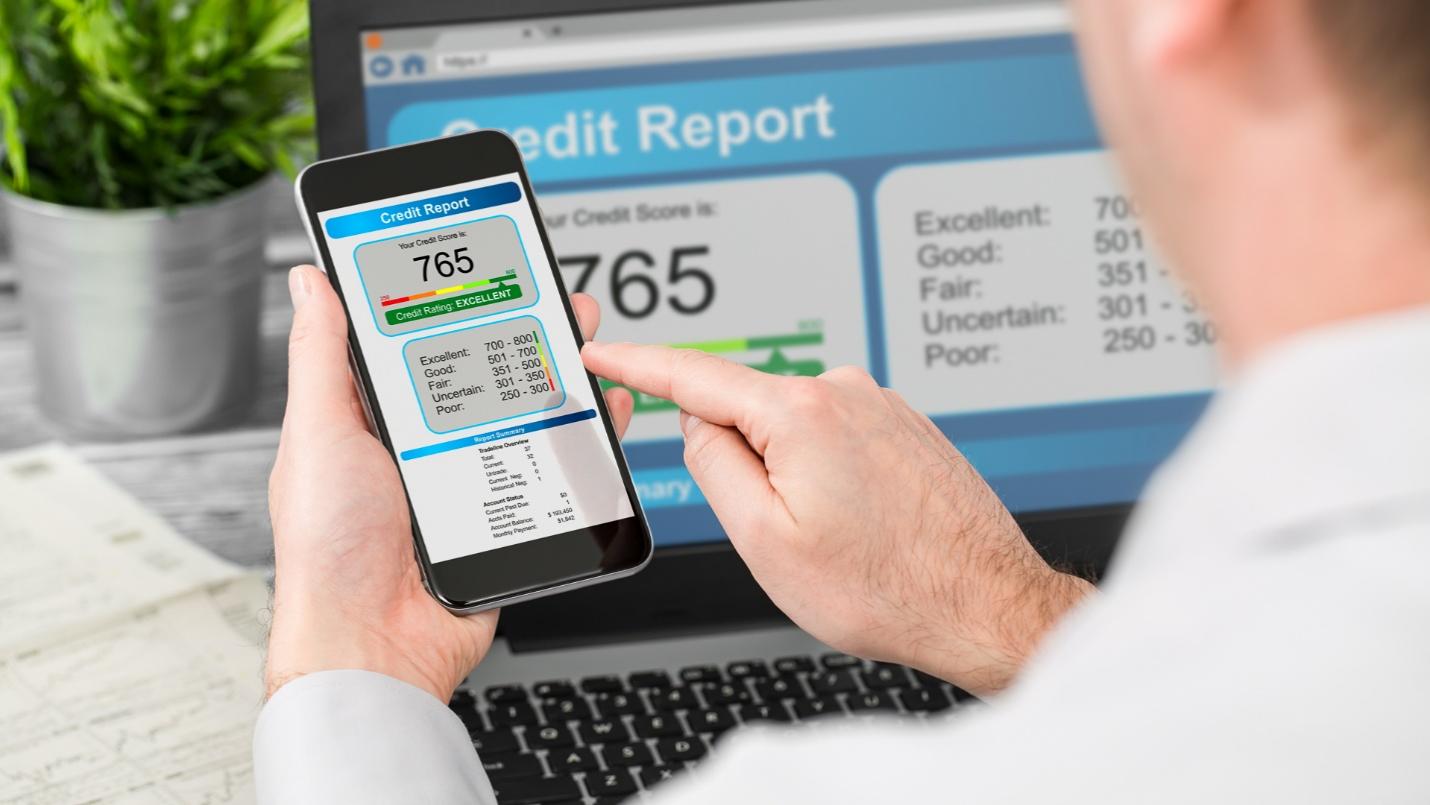
As this paper has shown, financial self-care is a crucial aspect of health. It refers to consciously handling one's finances to ease the burden. Financial self-care enables one to address money issues or matters, make proper decisions, or have the right approach to meeting objectives while handling resources. Here are a few ways to work on practicing good financial self-care.
Create a Realistic Budget
Every woman must pay attention to the importance of a well-thought-out budget since it is the foundation of her financial health. First, you must learn where your money goes by creating a list of your income and spending. Then, set a budget that is convenient for you to meet your financial needs and wants. Budget for the daily or monthly requirements such as house rent, food, and electricity, among others; it is recommended to have money for savings and fun. Stay within your budget, but do not establish an unrealistic one either, as you should update your budget following changes in your financial situation.
Build an Emergency Fund

An emergency fund is your backup in case of emergency, so you can go through these times without borrowing money. In an ideal world, one should try to save a certain sum of money, which should cover a person’s living expenses for three to six months, and keep this amount in an accessible bank account. You can begin with a small amount per month and increase your monthly contributions to establish your fund. It may not be fun hearing that you have money set aside somewhere, but having the thought that you are financially safe makes you comfortable, no matter the outcome.
Set Financial Goals
Evaluating one's financial goals is very important, and practicing sound self-care involves reasonable goal-setting. Knowing that you're putting aside money to go for a vacation, to pay your debts, or to save for your retirement can help you be disciplined in managing your money. Setting realistic and achievable goals is recommended, as dividing them into smaller targets that can be easily achieved and taking time to rejoice, let's say, weekly. The process of checking and revising makes goal-setting dynamic and ensures that they do not become impossible due to changes in circumstances.
Monitor Your Credit Score

A credit score is a significant factor in one's financial status since it influences many aspects of one's life, such as loans, credit cards, and even home. Closely monitoring one's credit score helps find issues that may arise that require correction. If your score is lower than desired, more focus might be placed on the Bills paid on time, low credit card balance, and fewer debts. Taking good care of your credit score is crucial as it impacts the interest rates charged on the loan offered to you, as well as the amount.
Practice Mindful Spending
It entails making wise decisions when it comes to spending so that you can get the most deserved image without going overboard or derailing the financial plans that have been undertaken. One thing you should ask yourself before going ahead and making the purchase is, do you need the item in question? Or is it impulsive? Pay particular attention to the effects of spending on your financial future. Being mindful of what you spend your money on will help you avoid cases where you regret purchasing something and use your hard-earned cash wisely.
Conclusion
The 'self-care' in financial self-care is about experience and discipline as one tries to give their finances a positive direction. Having a budget, starting an emergency fund, having financial goals, regularly checking your credit score, and being wise in your spending will lessen financial stress and lead to a better future. Start using the above strategies daily; you will go a long way in economic empowerment.






